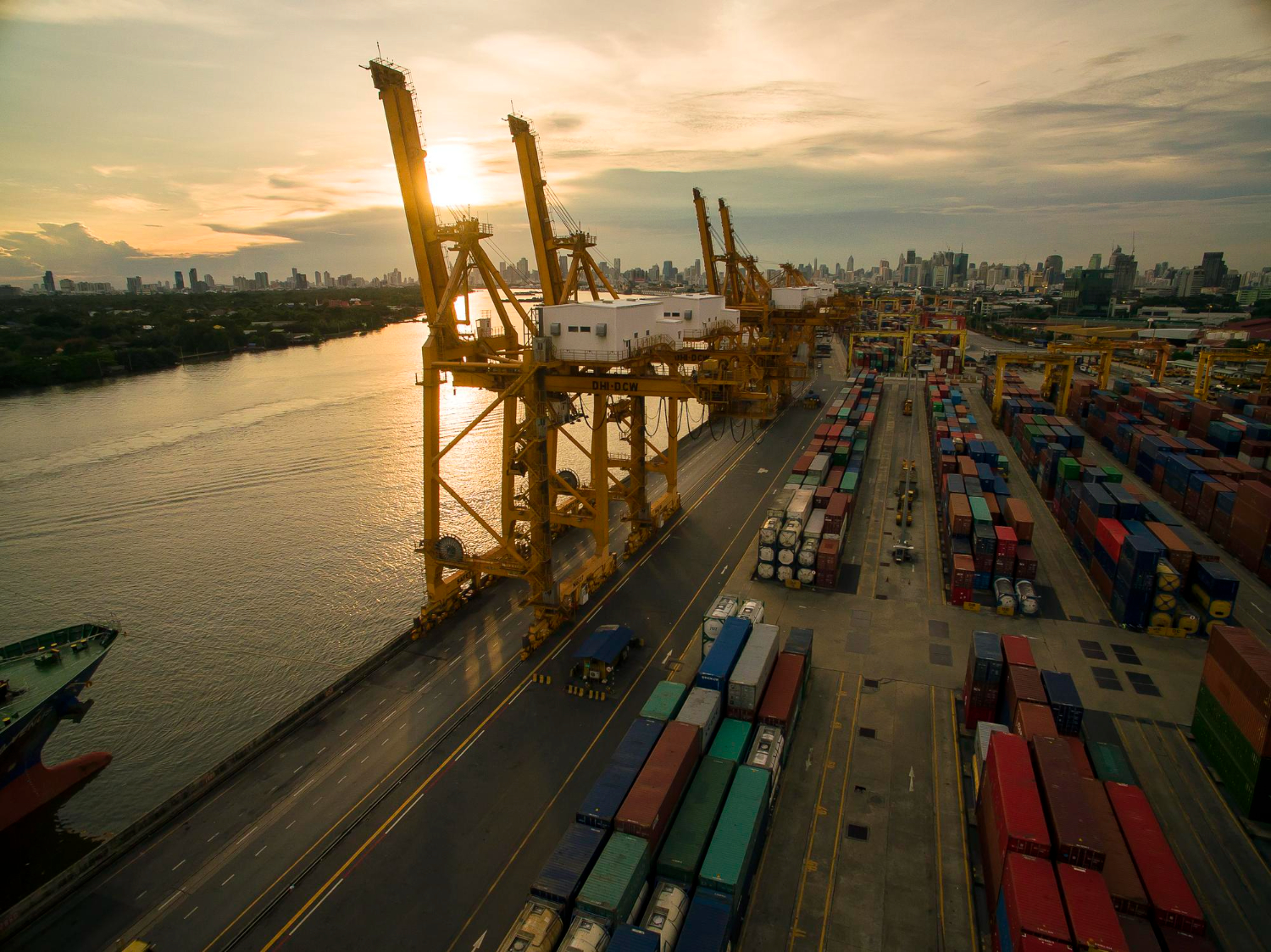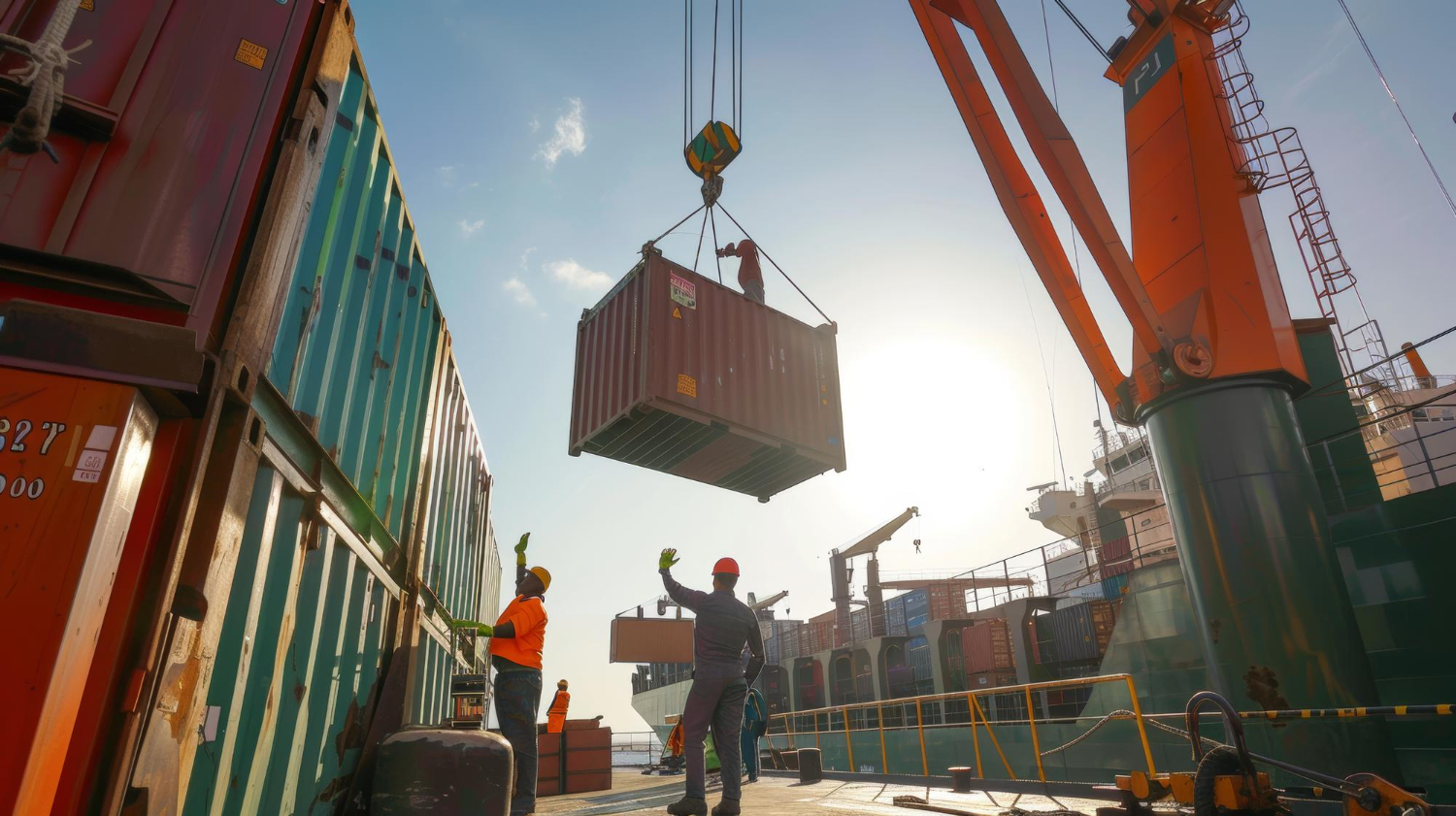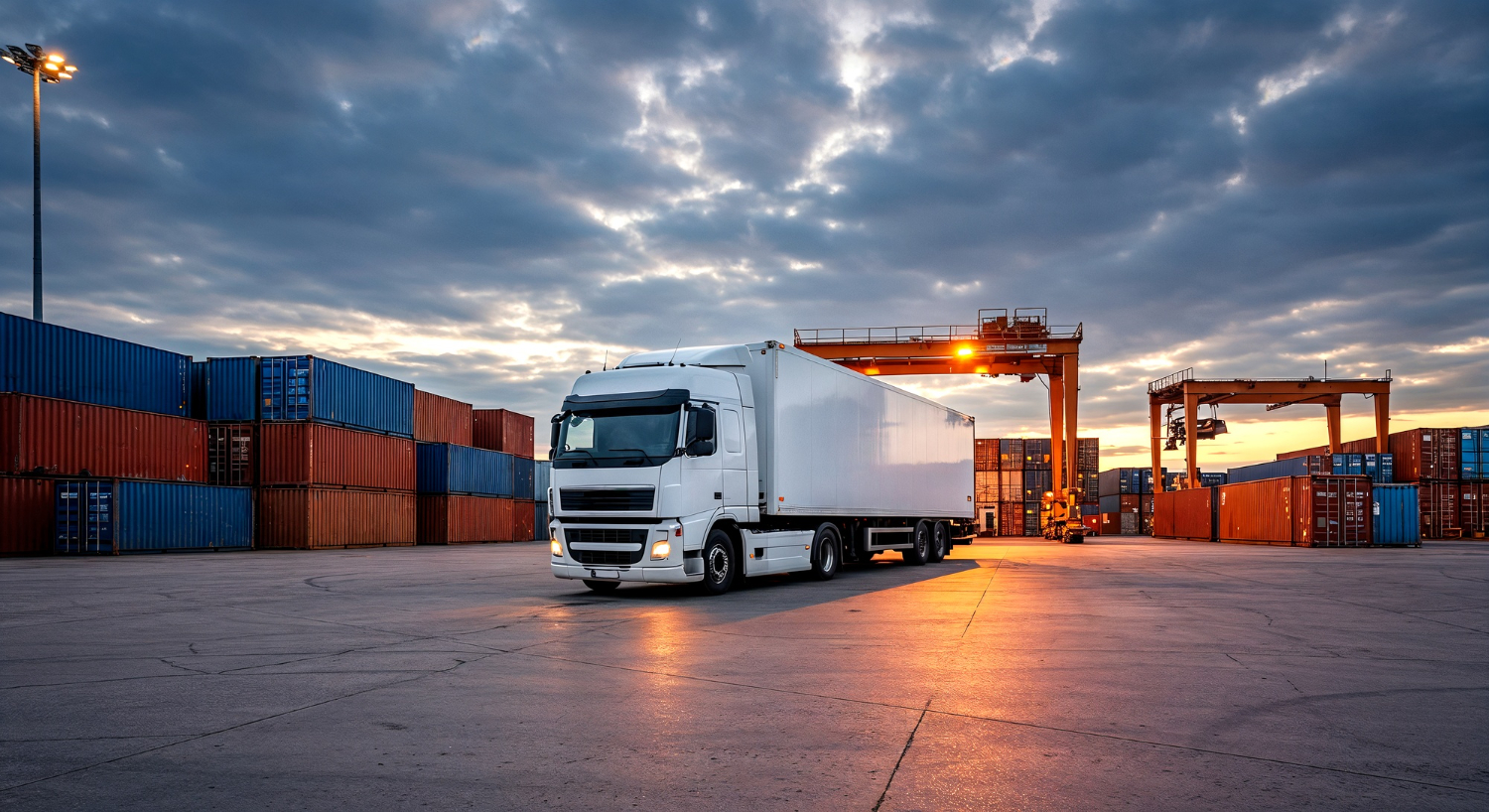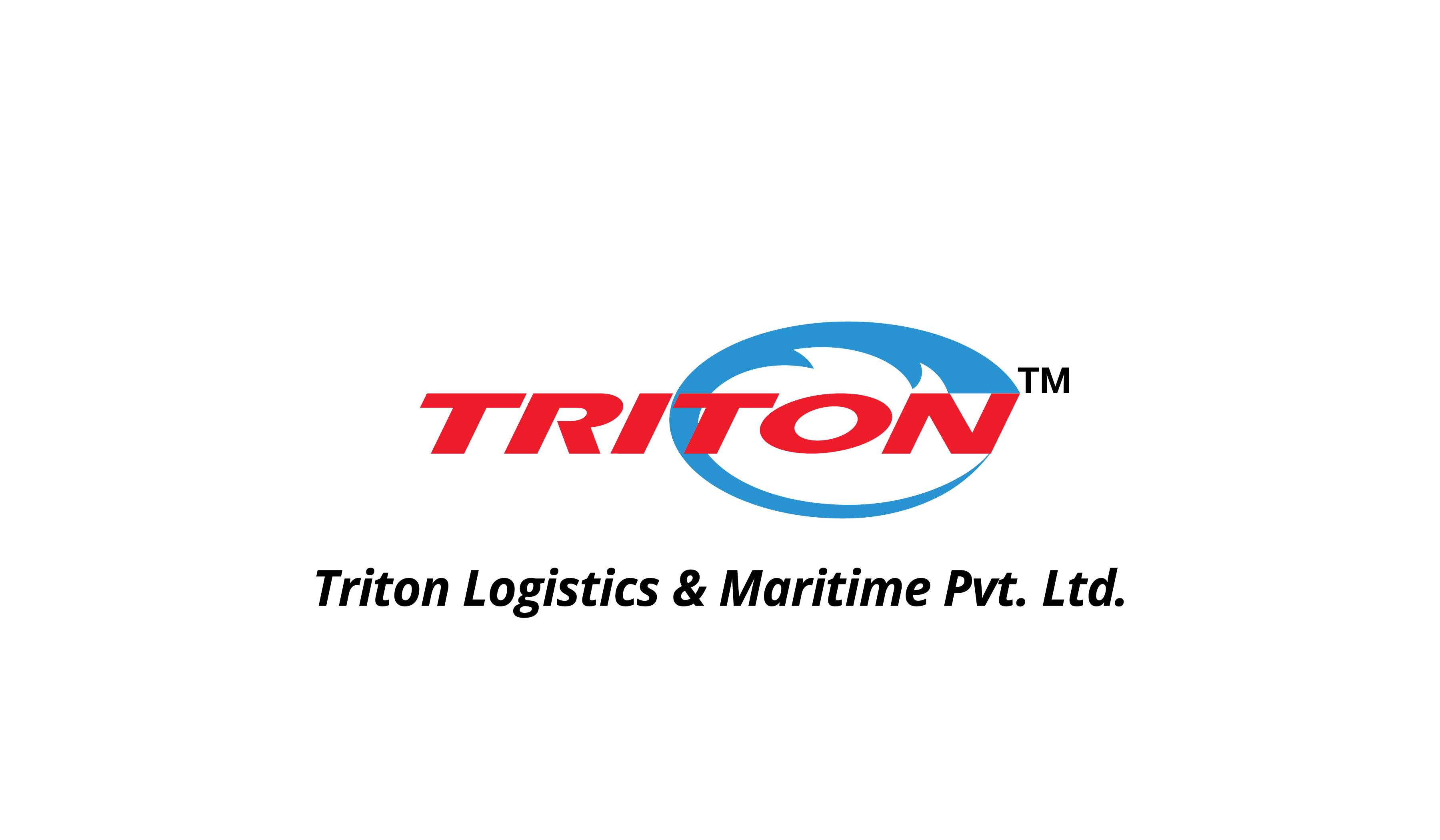Ocean freight is the most reliable and large-scale method for corporations to transport products across borders. According to UNCTAD’s 2024 Review of Maritime Transport, about 80% of global trade by volume and over 70% by value moves by sea, on ships that connect ports on nearly every continent. Ocean shipping keeps businesses going and markets stocked by delivering anything from raw materials in bulk to finished goods that are ready for retail.
At Triton Maritime and Logistics, sea shipping isn’t just about transferring containers from one port to another. It’s about tracking container documentation, coordinating customs clearance, and planning multimodal transfers so that shipments arrive safely and on schedule. Ocean freight is a crucial component of supply chains, and understanding its operation enables companies to make better decisions.
Getting to Know Ocean Freight
In its most basic form, sea transport moves products by ship, typically in large, standardized containers. These containers can be loaded into ships, moved by rail, and then moved by trucks without having to unpack and repack the products. Intermodal transport is what keeps supply chains running smoothly over thousands of miles.
Ocean shipping is best suited for shipments that are large, heavy, or non-time sensitive. Shipments above a few hundred kilos or multiple pallets often become more cost-effective by sea compared to air freight, unless time is critical. Think about things like heavy machinery, building supplies, car parts, or bulky consumer goods. It costs less and has greater capacity than air freight; therefore, it is the best alternative for large-scale trade, even though it takes longer to complete.

Why Companies Use Ocean Shipping
1. Cost-effectiveness
When moving things across vast distances, sea logistics is usually the cheapest way to do it. Shipping a container across oceans is far more affordable than shipping the same cargo by air. This gap is very important for businesses with small margins or big volumes, such as manufacturers, retailers, and distributors.
2. Reach around the world
Ocean shipping is linked to a vast network of global ports. Sea logistics provides you with access to markets that air freight or ground logistics alone can’t fully cover. These markets can be located in major industrial centers in Asia or in remote areas of Africa or South America.
3. Cargo types that can change
You can ship practically anything via the sea. Refrigerated containers can hold perishable items; specialized tanks can hold dangerous materials. Flat racks or breakbulk vessels can hold large machines. Due to this flexibility, firms across various industries, including healthcare, food and beverages, automotive, and chemicals, can rely on sea freight.
How Ocean Freight Works
There is a meticulously planned trip behind every package. When you work with freight forwarding companies like Triton Maritime & Logistics, this process is easier because they bring everything together. In real life, an ocean cargo shipment normally goes through these steps:
- Booking & Planning: Arranging space on a ship, selecting the correct type of container, and preparing all necessary paperwork.
- Consolidation/Deconsolidation: Combining smaller shipments into one container (LCL) or breaking them down at the destination.
- Container Loading: The cargo is packed carefully, taking into account safety norms and weight distribution.
- Transport to Port: Trucks or trains transfer containers to the port, where they will be loaded onto ships.
- Sea Transport: Goods are put aboard a ship sent across seas and oceans.
- Customs Clearance: When cargo arrives, it goes through customs checks and documentation checks.
- Final Delivery: Containers are brought to warehouses, factories, or distribution facilities on arrival.

Every step requires foresight. That means accurate forecasting, container space optimization, proactive route selection, and contingency planning. Delays at one point can affect the whole supply chain, so precision is key.
Advantages of Sea Shipping
- Lower Costs: The savings compared to air delivery are substantial for large or heavy items.
- Sustainability: Sea freight emits fewer greenhouse gases per ton of cargo than planes. New LNG-powered vessels, IMO 2030 decarbonization targets, and the development of “green corridors” are further reducing its footprint.
- Scalability: Sea shipping can accommodate any size enterprise, from a single container to an entire ship.
- Wide Range of Products: Container shipping can safely transport a wide range of goods, from frozen delicacies to industrial chemicals.
Disadvantages of Ocean Freight
Every means of transportation has its pros and cons. Sea freight has a lot of good points, but it also comes with challenges:
- Transit Time: Ships move more slowly than planes. Depending on the route, it can take a few weeks.
- Congestion & Delays: Busy ports, seasonal peaks, or disruptions in global trade can lead to longer wait times.
- Rate Volatility & Blank Sailings: Ocean freight rates can fluctuate significantly due to market shifts, fuel prices, or shipping line strategies.
- Costs for Tiny Loads: When you send a small shipment that doesn’t fill a container, the per-unit costs can be higher than expected.

If you plan ahead, these problems can be managed. Accurate forecasts, route optimization, and clear communication are very important. We work closely with our clients to anticipate these challenges and put solutions in place before they happen.
Why You Should Hire a Freight Forwarding Company
There is more to international trade than just shipping containers. It involves understanding customs, following regulations, preparing documents, and coordinating multiple stakeholders. This is where freight forwarding companies and logistics solutions providers really help.
We at Triton consider ourselves the link that keeps everything moving. Our job is to make sure that the cargo moves successfully, from booking vessel space to completing customs forms and arranging the final delivery. We measure reliability by on-time performance, transparent updates, and proactive risk management. Our partners always know where their cargo is because we provide regular updates, prepare ahead, and focus on client needs.
Ocean Freight in Today’s Supply Chains
Sea logistics is a strategic tool that companies utilize to minimize costs, mitigate environmental impact, and expand globally. Digital tracking, data-driven planning, and smarter routing improve reliability and transparency.
We combine industry knowledge with innovative solutions to transport goods quickly and safely. Whether it’s sensitive healthcare shipments or aerospace equipment, our mission is to deliver reliability you can measure, with transparency you can trust.
Conclusion
Ocean freight remains the backbone of global trade. Its scale, cost efficiency, and flexibility make it a vital part of modern supply chains.
The success of ocean freight depends on several key factors, including accurate demand forecasting, smart routing, container optimization, and effective communication among partners. With the right expertise, even complex logistics become a driver of growth instead of a bottleneck.
At Triton Logistics & Maritime, we move goods with care and precision so our clients can stay focused on their goals. Suppose you want to cut costs without compromising reliability. In that case, our team can design an ocean freight plan tailored to your specific needs.
FAQ
1. What is ocean freight?
Ocean freight is the transportation of goods by sea using cargo ships. It’s a reliable and cost-effective way to move large shipments internationally, especially for businesses who ship bulk or heavy cargo.
2. How long does ocean freight take?
Transit times depend on the shipping route, distance and type of service. Typically, international ocean freight can take anywhere from a few days for regional routes to several weeks for long-distance shipments.
3. What types of cargo can be shipped via ocean freight?
Ocean freight can handle almost any type of cargo, including containers, bulk goods, oversized items and hazardous materials. Freight forwarders like Triton Maritime ensure proper documentation and safety compliance.
4. Why should I use a freight forwarder for ocean shipping?
Freight forwarders manage the entire shipping process, from booking cargo space to customs clearance and documentation. With decades of experience, they simplify logistics, reduce costs and ensure goods reach their destination safely and on time.



